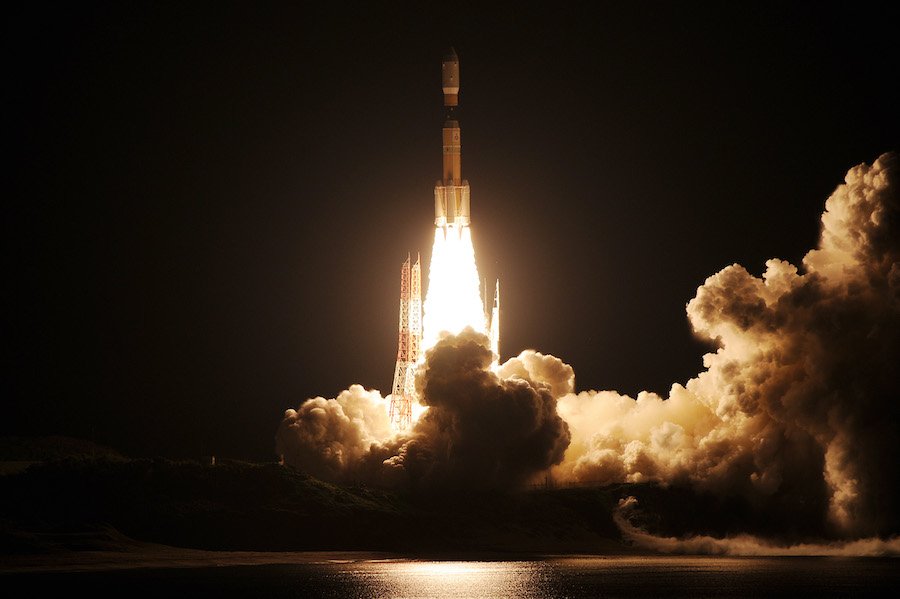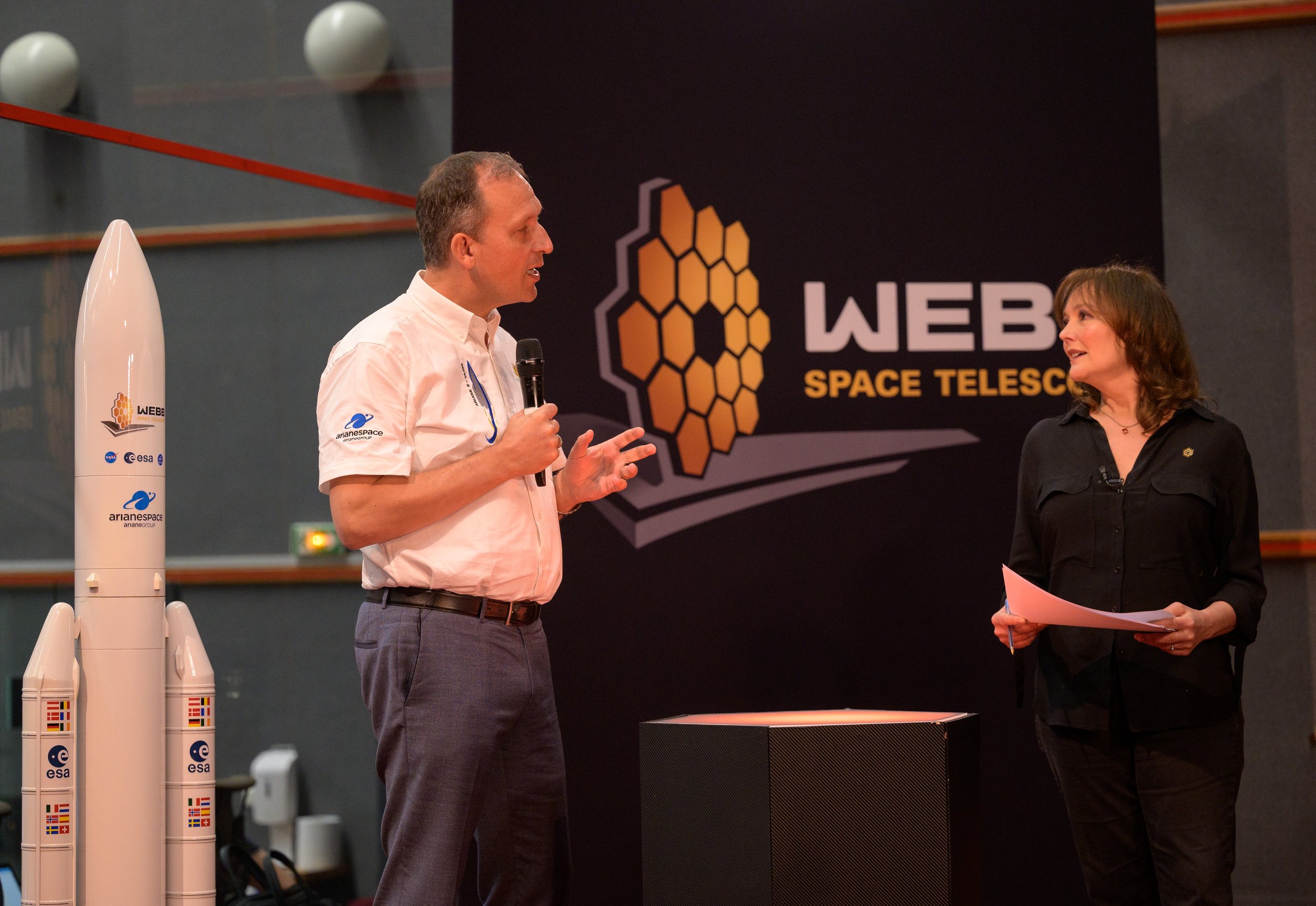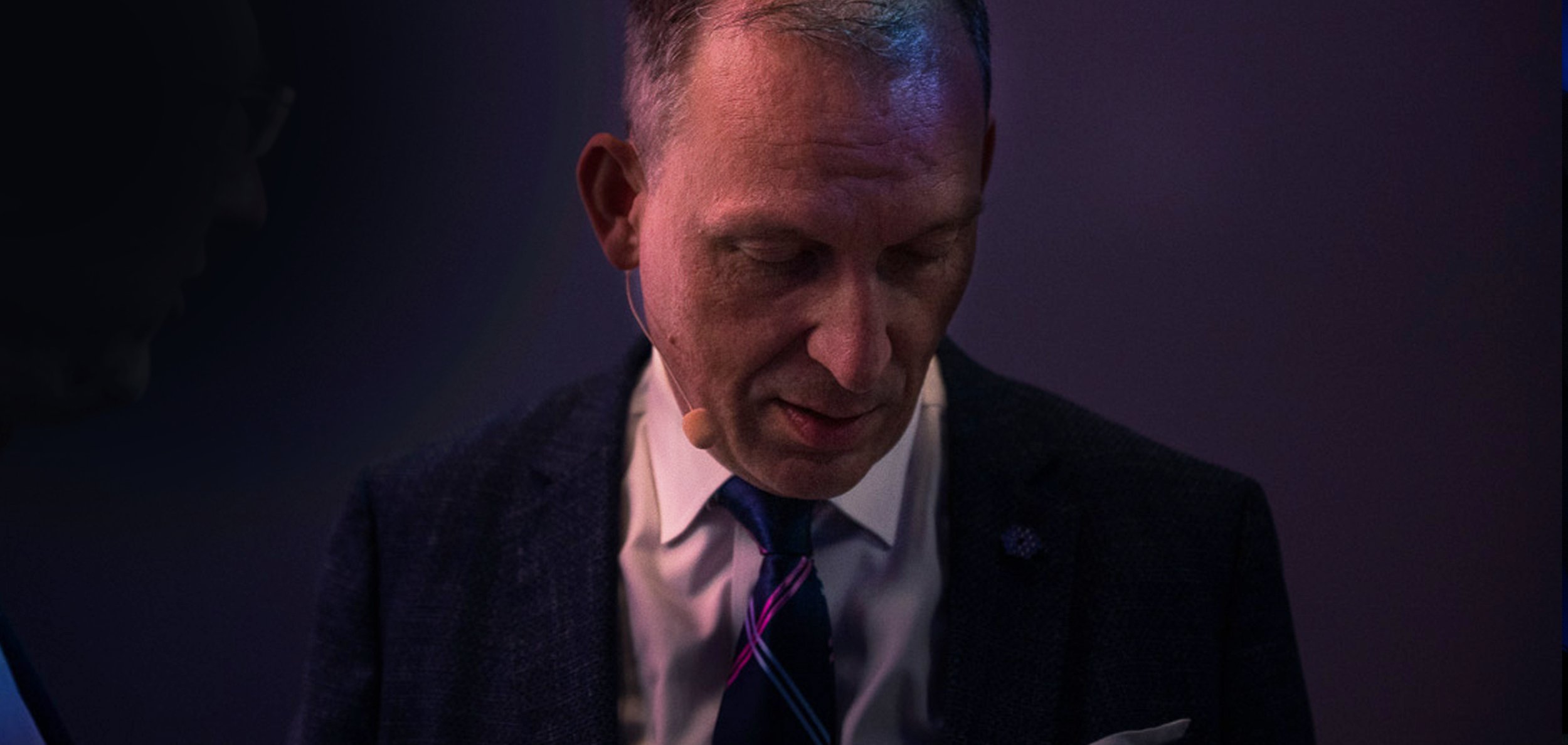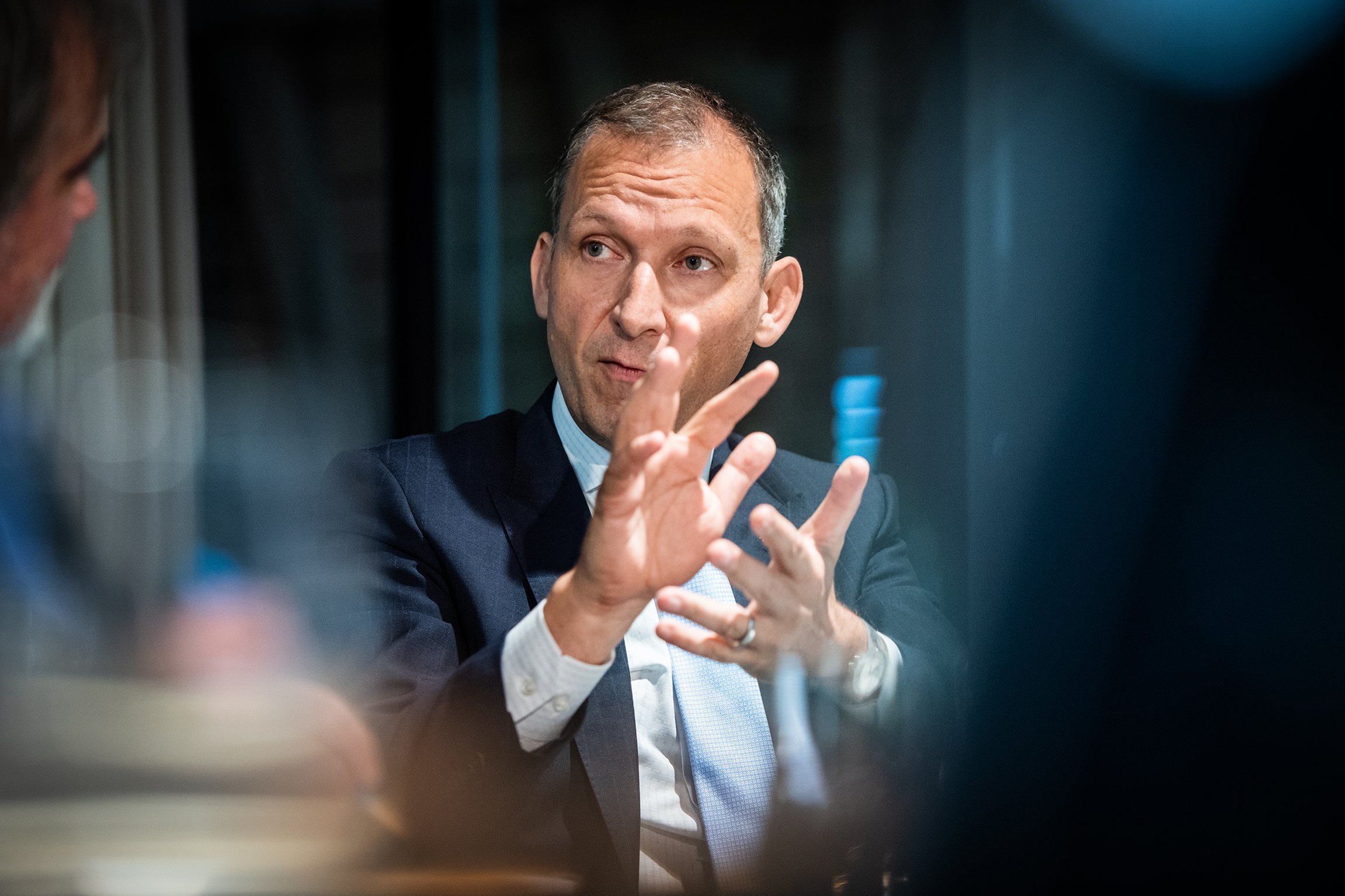
Aim High.
Dr. Z.
Dr. Thomas Zurbuchen
International speaker.
Leader of ETH Zürich | Space. Associate Administrator for the Science Mission Directorate at NASA from 2016 to 2022. Previously Professor of Space Science and Aerospace Engineering at the University of Michigan. Also founder of the largest Entrepreneurship programme at American Universities - the Michigan Center for Entrepreneurship - and a member of the International Academy of Astronautics.
Documentary (German with English subtitles)
Netflix Movie about Thomas and JWST
Keynotes and interviews
Pushing Boundaries through Science
GT Conference
James Webb Telescope
Washington Post
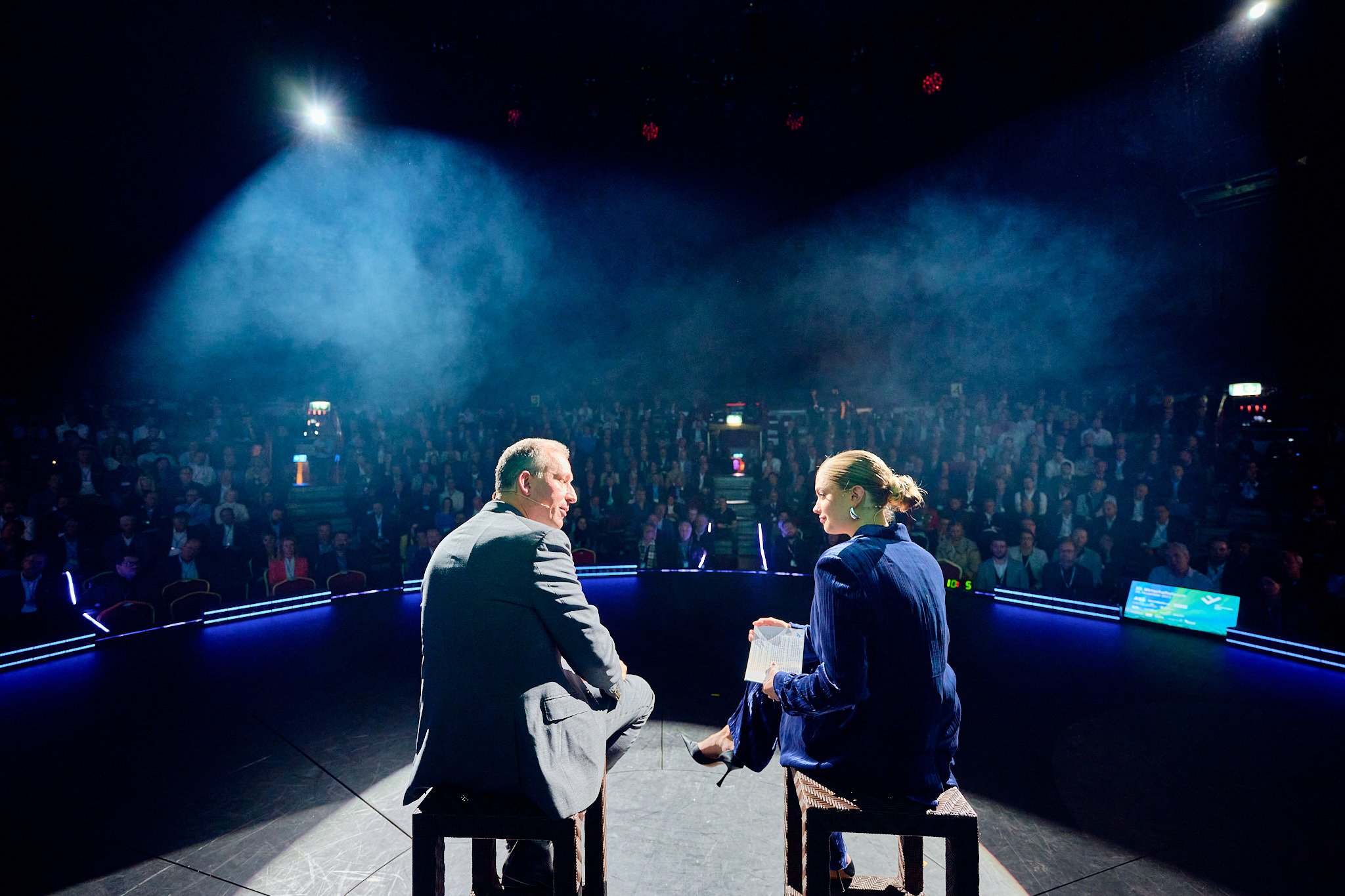
Excellence
is not the absence of errors,
but constant improvement.
Podcasts
Culberson Always Talked About Shrimp
Off-Nominal
Risk of Spectacular Failure
Harvard Business Review
Adventures in Astrophysics
The Knowledge Project
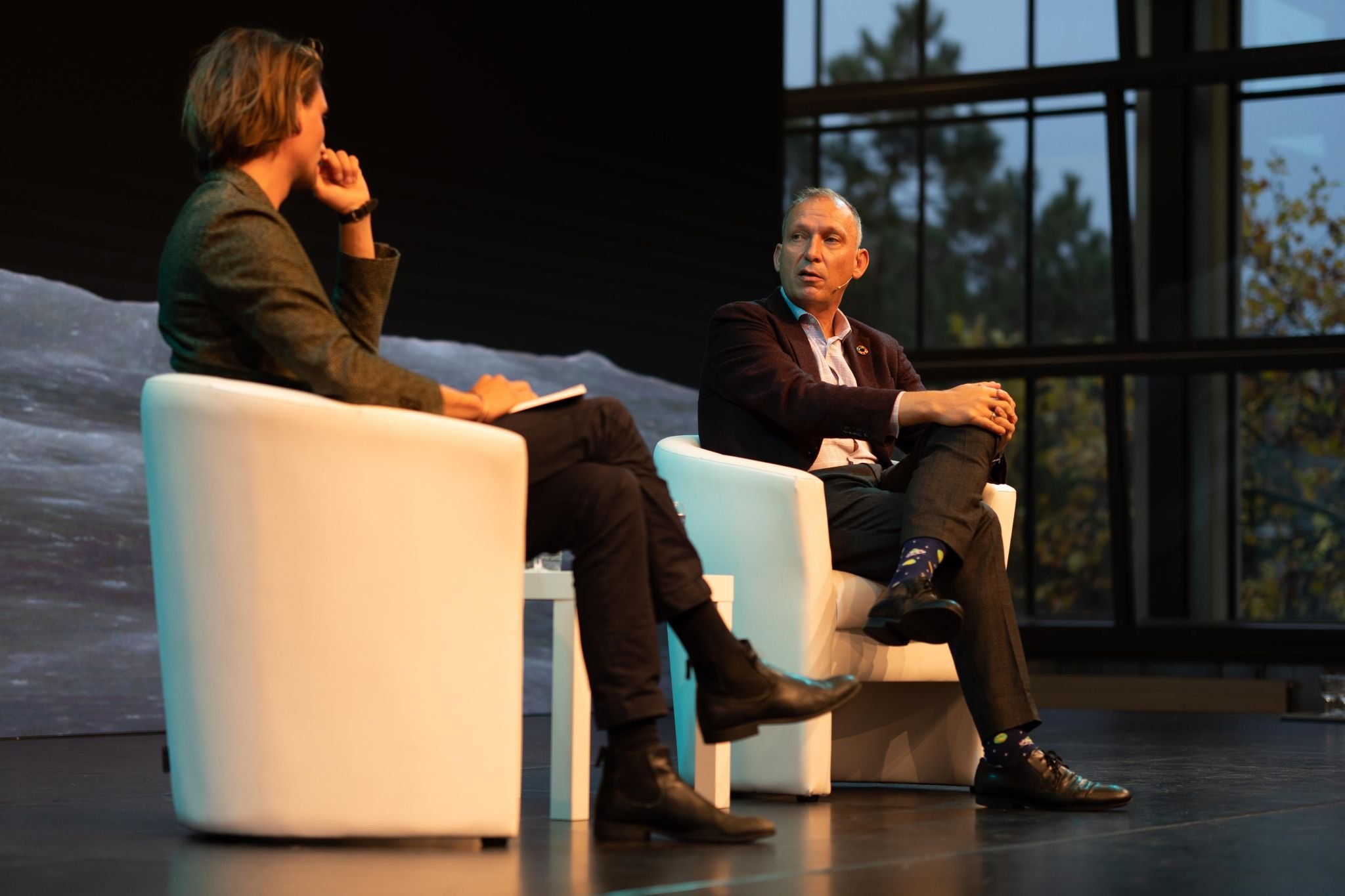
Humans
have to learn that we can lose and still be
successful.
Bio
Thomas H. Zurbuchen, known in the space community as Dr. Z, is a Swiss-American astrophysicist, leader, and innovator.
Since June 2023, he is the leader of the ETH Space initiative. His stated goals are to build the world's best Master’s programme in space science and technology, improve on the entrepreneurship programme to enable more Swiss startups, and to assist space sciences. The Master's programme took on its first students in September 2024.
Prior, he was the longest continually serving Head of Science at NASA from October 2016 through 2022, the leading program worldwide for doing science in and from space. During this time, he drove all aspects of leadership in space science, leading 130 missions with 37 launches. His achievements include bringing the international James Webb Telescope to launch, overseeing two Mars landings - the Perseverance rover and the first controlled flight away from the Earth with the Ingenuity helicopter - and developing the Parker Solar Probe, a mission to touch the Sun. He also conceived and led the Earth System Observatory, an advanced multi-platform observatory that creates a 3D holistic view of the Earth, from bedrock to atmosphere, and oversaw humanity’s first successful attempt at moving a celestial object, using a spacecraft impact.
Dr. Zurbuchen was born in Switzerland in 1968, became the first college graduate in his family, studied physics at the University of Bern with a minor in mathematics, and was awarded his PhD in 1996 with a thesis entitled “Turbulence in the interplanetary medium and its implications on the dynamics of minor ions”.
In that same year, Dr. Zurbuchen left for the US and joined the University of Michigan as a research associate, where, in 2008, he was made Professor of Space Science and Aerospace Engineering. His scientific research focuses on solar and heliospheric physics, experimental space research, and space systems. He is also well known for his work on innovation and entrepreneurship. During his time at University, Dr. Zurbuchen co-founded the Center for Entrepreneurship, which was recognized as the US leading undergraduate program.
Over the course of his career, Dr. Zurbuchen built multiple space instruments, such as the MASS sensor on NASA’s WIND spacecraft, launched in 1992, and the Fast Imaging Plasma Spectrometer, for which he served as team leader, on NASA’s Messenger, the first spacecraft to orbit Mercury.
Due to his achievements, Dr. Zurbuchen is a sought after international expert in innovation and leadership of pioneering organizations. He chaired the US National Academy of Sciences committee, for example, that produced a report on CubeSats in 2016, widely credited for diversifying Mission portfolios and tech approaches for science and Earth observations.
Awards
Dr. Zurbuchen has received numerous awards. Some of them, selected by relevance:
2004: US Presidential Early Career Award for Scientists and Engineers
2018: Heinrich-Greinacher-Prize of the University of Bern
2020: NASA Outstanding Leadership Medal
2021: US Presidential Rank Award
2021: Honorary doctorate degree (Dr. of Science) of Northern Michigan University
2022: NASA Distinguished Service Medal
2022: Wernher von Braun Distinguished Science Award
2022: Honorary doctorate degree (Dr. h. c.) of the ETH Zurich
2023: Innovator des Jahres, Wirtschaftswoche
2023: Honorary doctorate degree (Dr. of Science) of Rochester Institute of Technology
2023: Fellow, American Institute of Aeronautics and Astronautics (AIAA)
2023: Excellence in international cooperation award, International Astronautical Federation,
2023: Honorary doctorate degree (Dr. of Science) of University of Michigan
2024: Aerosuisse Award
2025: von Braun Award for Excellence in Space Program Management, American Institute of Aeronautics and Astronautics (AIAA)
2025: Stratton Prize for outstanding career achievements in fostering intercultural understanding between Switzerland and the United States
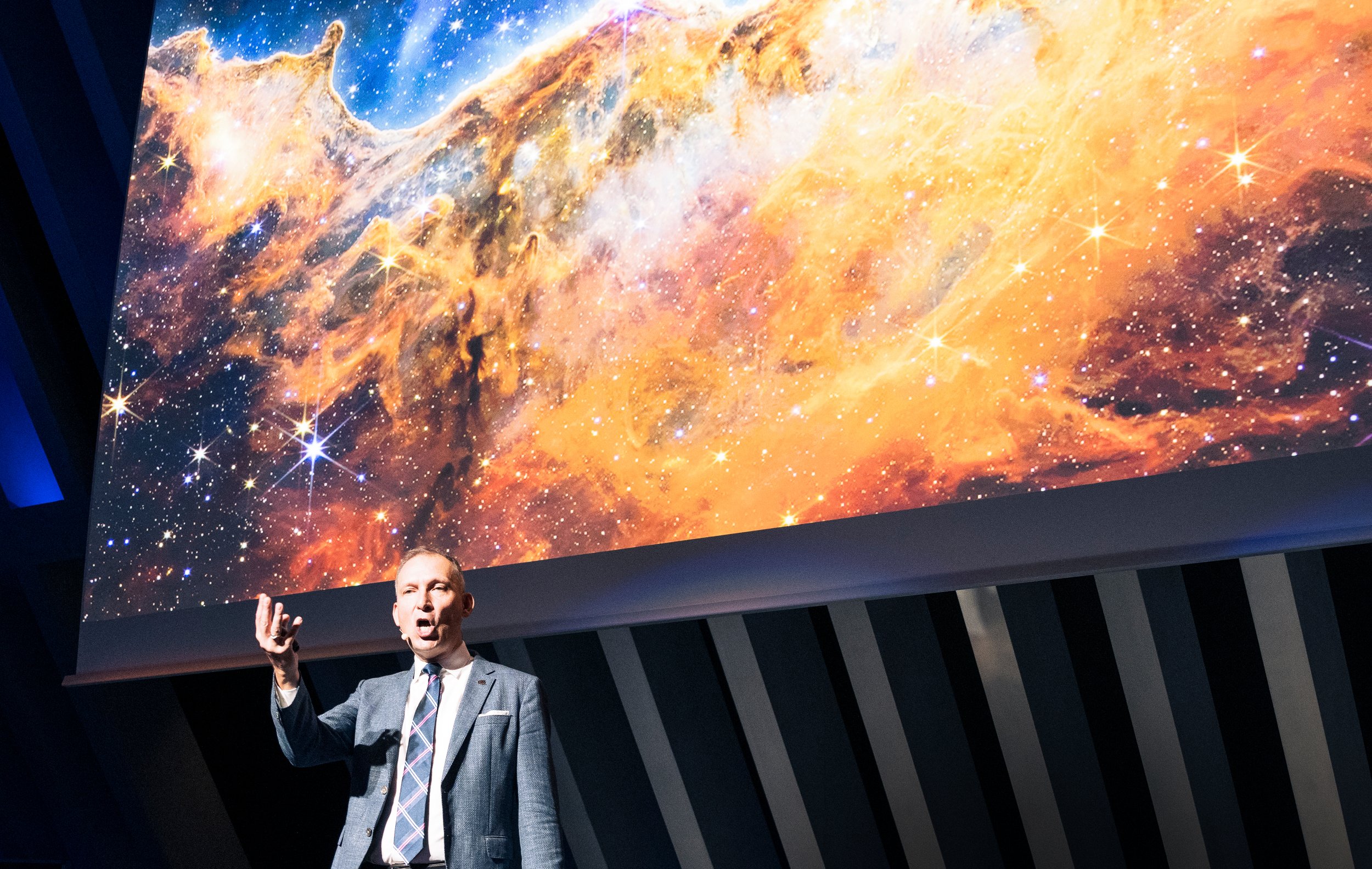
It's much better to achieve
80%
of a really ambitious goal, than to achieve
100%
of a modest one.
Blog and Articles
Future astrophysics funding requires…
Initially posted in Nature
Innovation During Difficult Times
Initially posted here
Why do we go back to the Moon?
Initially posted on Scientific American





















